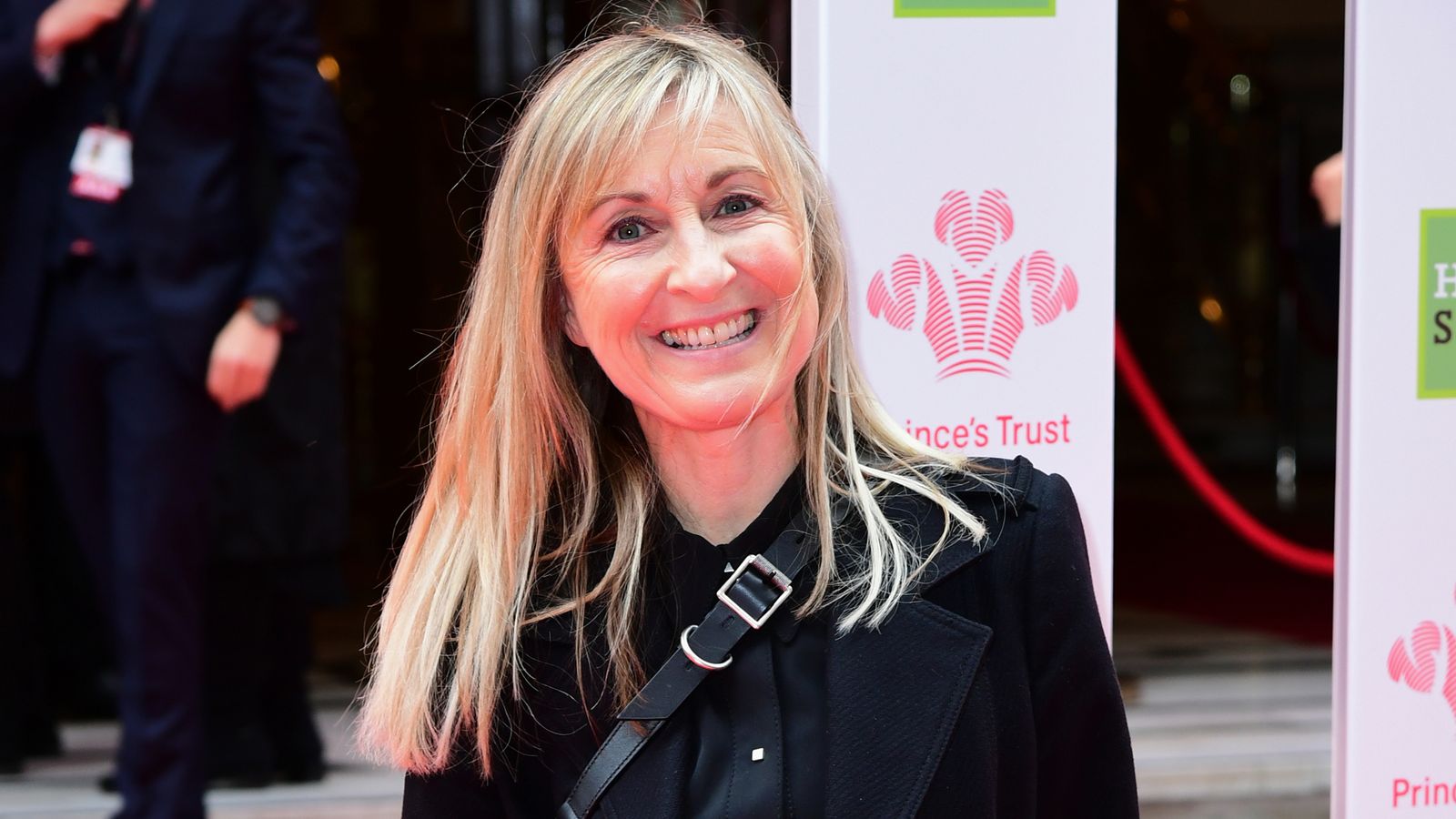Television presenter Fiona Phillips says she believes that early starts while working at GMTV may have played a part in her developing Alzheimer’s disease.
The 62-year-old star, who hosted ITV breakfast programme GMTV between 1997 and 2008, revealed that she had the illness earlier this year.
She said she was diagnosed in 2022 after experiencing months of brain fog and anxiety.
Phillips has now admitted that she “refused to recognise” the signs of Alzheimer’s in the lead-up to her diagnosis, adding that she thinks her 3.30am starts while working as a TV presenter may have contributed to the disease’s progression.
A lack of quality sleep has been linked to the illness, according to the Alzheimer’s Society, although evidence is unclear on whether it’s a factor in its progression.
“I ask myself why I got this dreadful disease,” Phillips said in an interview with Woman and Home magazine.
“I wonder whether all the years of getting up so early when I was working on GMTV contributed to me getting Alzheimer’s so young.”
The presenter, who is married to This Morning editor Martin Frizell, said she initially put Alzheimer’s symptoms such as fatigue and confusion down to menopausal problems.
“Menopause kind of covers everything, doesn’t it?” she told the magazine.
“The main thing I had with menopause was this crippling anxiety and brain fog but I knew this was different.”
Phillips, who took part in Strictly Come Dancing in 2005, initially got in touch with a menopause specialist who put her on HRT (hormone replacement therapy), which didn’t improve her brain fog.
She had months of cognitive tests after the specialist suggested she seek further help, which eventually led to the Alzheimer’s diagnosis.
Phillips previously revealed that her mother and father had died of Alzheimer’s, as well as her paternal grandparents and her uncle.
Read more:
Alzheimer’s diagnosis blood tests could be offered on NHS within five years
1.7m people ‘could be living with dementia in England and Wales by 2040’
“I knew it was in my family but I didn’t ever let myself think it might affect me too one day, so I refused to recognise the signs,” she said.
Phillips, who said she “still has so much to do”, said she knows she can “still have a great life” and added: “I am still me.”
She is currently part of a trial for the drug Miridesap which is being carried out by the University College Hospital in London.
Be the first to get Breaking News
Install the Sky News app for free
It is hoped the drug can slow or reverse the progress of the disease.
Alzheimer’s is a progressive disease that causes mild memory loss in its early stages.
In late-stage Alzheimer’s, individuals lose the ability to carry on a conversation and respond to their environment.






















